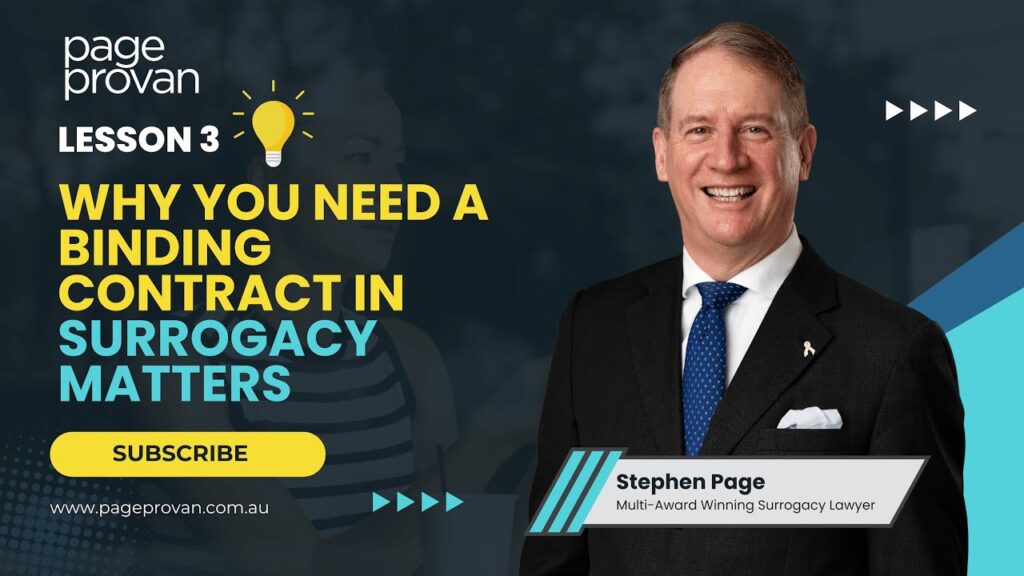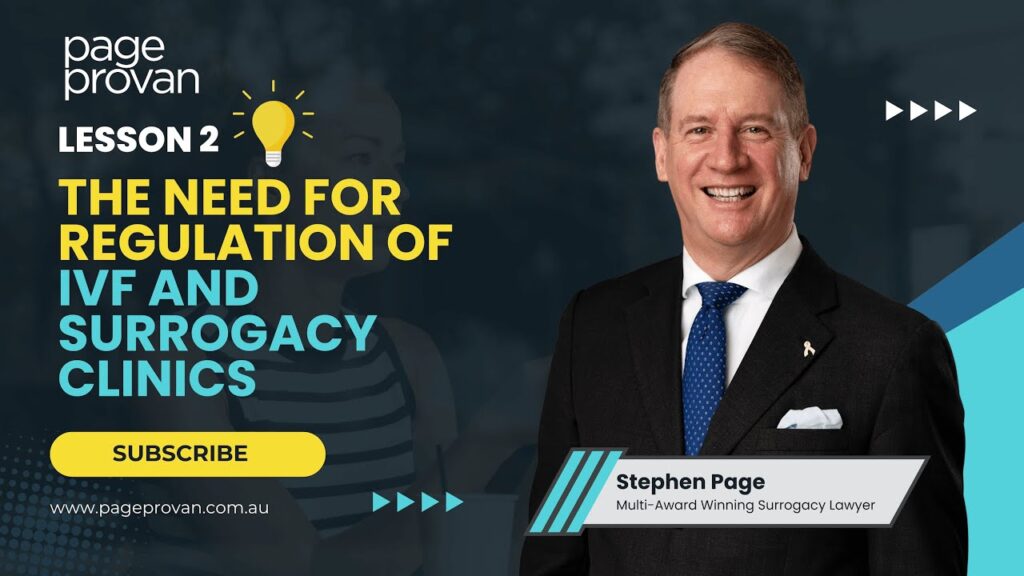Case: Superannuation Complaints Tribunal: dependants
How the husband got the lot, even though the wife wanted him to have zip. Another case that is a clear reminder to get on with property settlement before it is too late…
The Complainant, the spouse of the Deceased Member, complained to the Superannaution Complaints Tribunal that the Trustee’s decision to pay the death benefit to the Deceased Member’s mother was unfair or unreasonable. The Complainant and the Deceased Member married in February 1991. When she joined the Fund in October 1999, the Deceased Member nominated the Complainant to receive 100% of her benefit in the event ofher death.
The Complainant and the Deceased Member separated in March 2004. The Deceased Member at first lived alone, then again with her husband (the Complainant) for about 8 weeks in early 2005 following cancer treatment, then went to live with her mother in May 2005. Her mother cared for her until her death in July 2005. Solicitors acting for the estate of the Deceased Member advised that in July 2004 the Deceased Member completed a Change of Membership Details form in which she wrote “See Will” as her preferred beneficiary (this document was never received by the Fund).
In August 2004, the Deceased Member made her final Will, dividing the balance of her estate equally between her mother, brothers and sisters. She also included: IT IS MY EXPRESS WISH that I do not want to benefit my husband [THE COMPLAINANT] in this my Will as a result of the breakdown of our marriage. Although they had separated in March 2004, the Complainant was legally married to the Deceased Member at the date of death and therefore met the definition of “Spouse” in the Trust Deed.
The Trustee advised that it had determined to pay the entire benefit to the mother as an interdependent.
The Tribunal noted that, in order for the mother to meet the definition of interdependent in SIS, each of the following criteria must be satisfied: • They must have a close personal relationship; and • They must live together; and • One or each of them must provide the other with financial support; and • One or each of them must provide the other with domestic support and personal care. In addition, the matters specified in the Regulations must be satisfied. In reviewing the decision of the Trustee, the Tribunal also referred to the Explanatory Statement for the SIS Regulations , which states that, generally speaking, it is not expected that children will be in an interdependency relationship with their parents.
According to the Explanatory Statement, some unusual or exceptional circumstances need to exist before an interdependency relationship is established in these circumstances.
The Tribunal considered all of the evidence in order to determine whether the mother was in an interdependency relationship with the Deceased Member at the time of her death, as that term is defined in SIS and the Regulations. In respect of the first of the four requirements, the Tribunal was in no doubt that there was a close personal and loving relationship between mother and daughter.
In relation to the second requirement, while the evidence indicated that the Deceased Member was living with her mother at the time of her death, the Tribunal did not regard the second requirement as having been met because it appeared that the reason the Deceased Member lived with the mother was not so much because of a commitment to a future shared life, but rather because of the tragic circumstances of the Deceased Member’s terminal illness.
For these reasons, the Tribunal did not agree with the Trustee that the mother was in an interdependency relationship and therefore a dependant of the Deceased Member at the time of her death. Also, the Tribunal could find no evidence of financial dependence by the mother on the Deceased Member.
Accordingly, in the view of the Tribunal, the mother did not meet the definition ofDependant in the Trust Deed, and was not therefore eligible to receive all or a part of the death benefit. The Tribunal set aside the trustee decision and substituted its own that the death benefit be paid to the Complainant.












